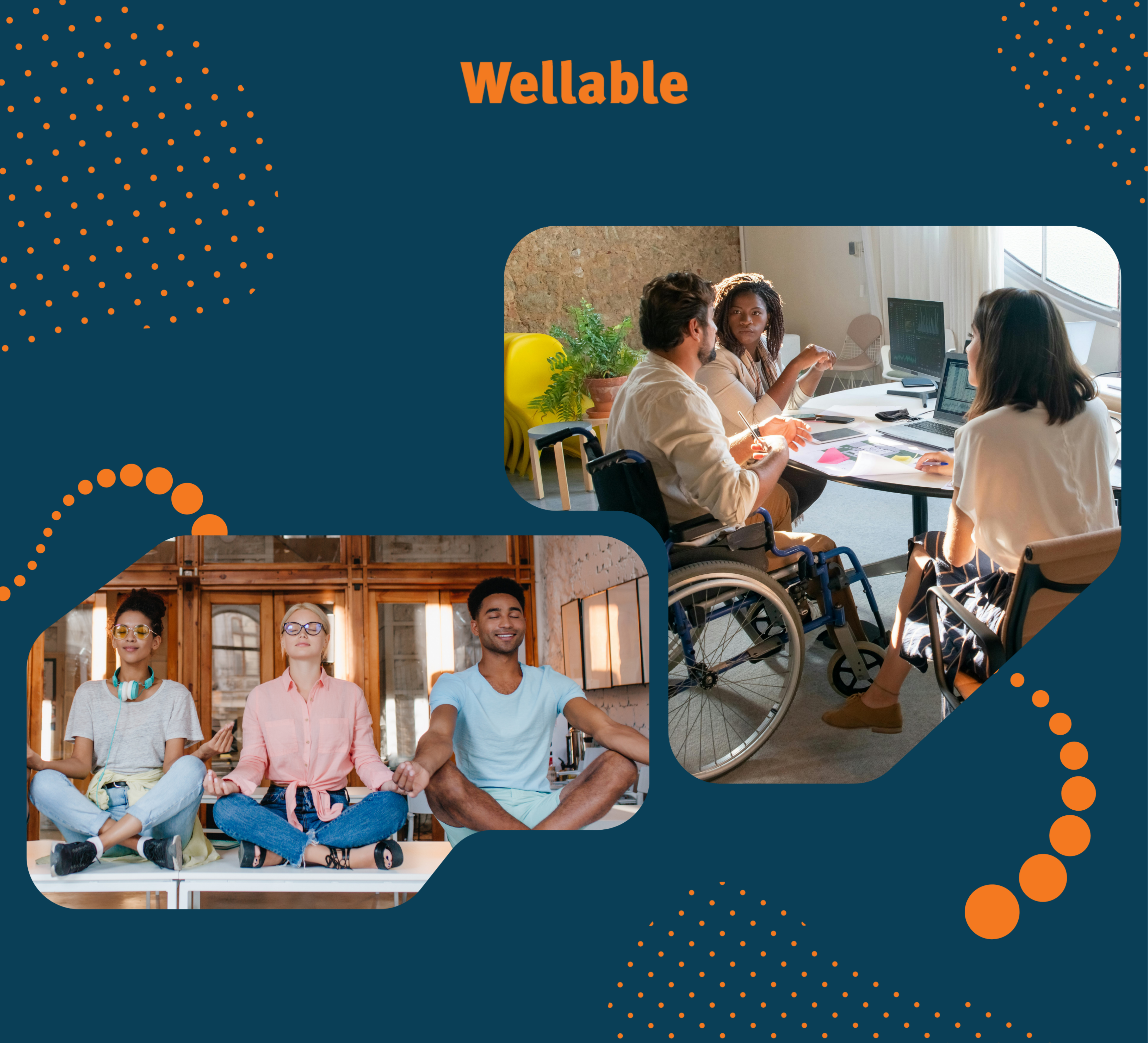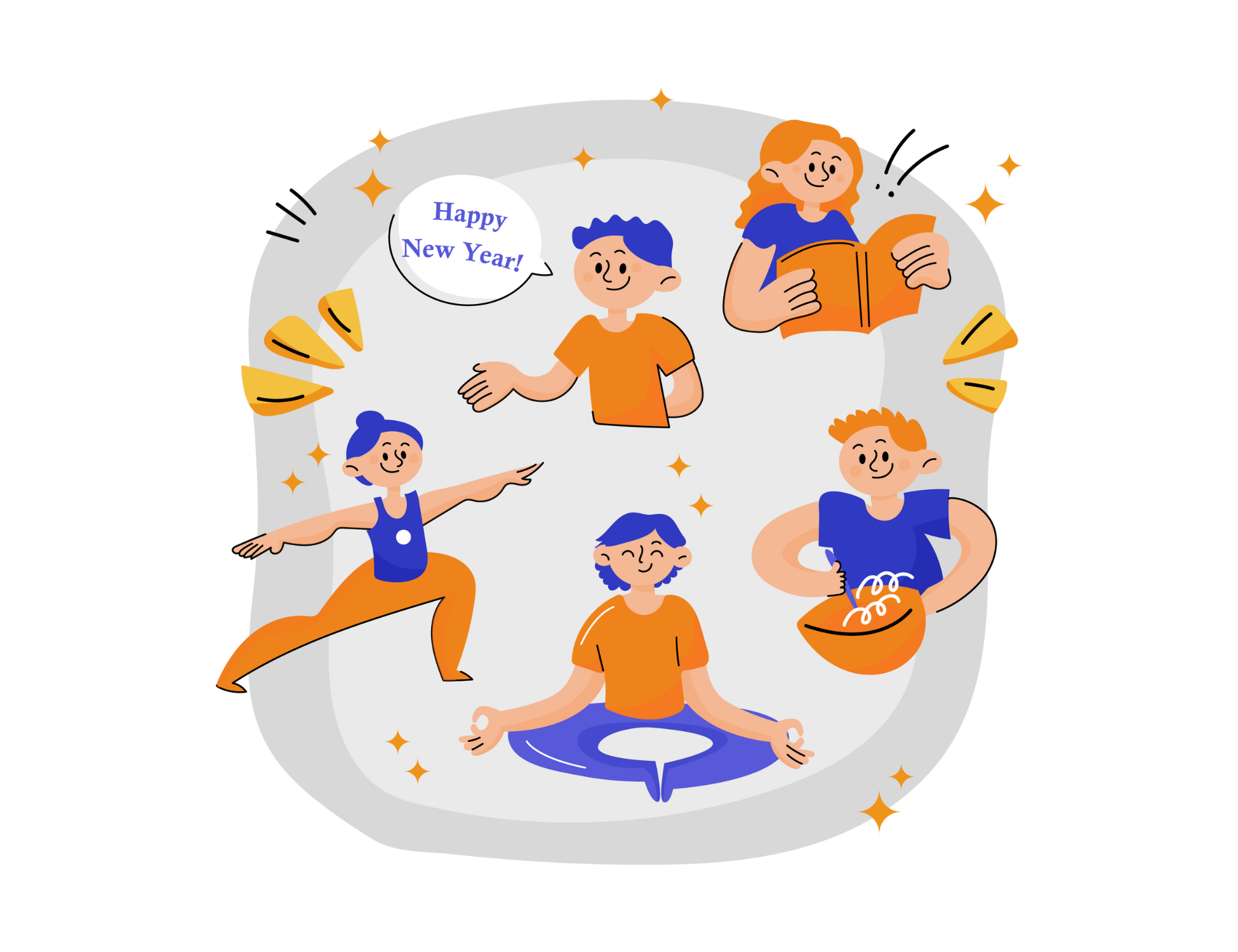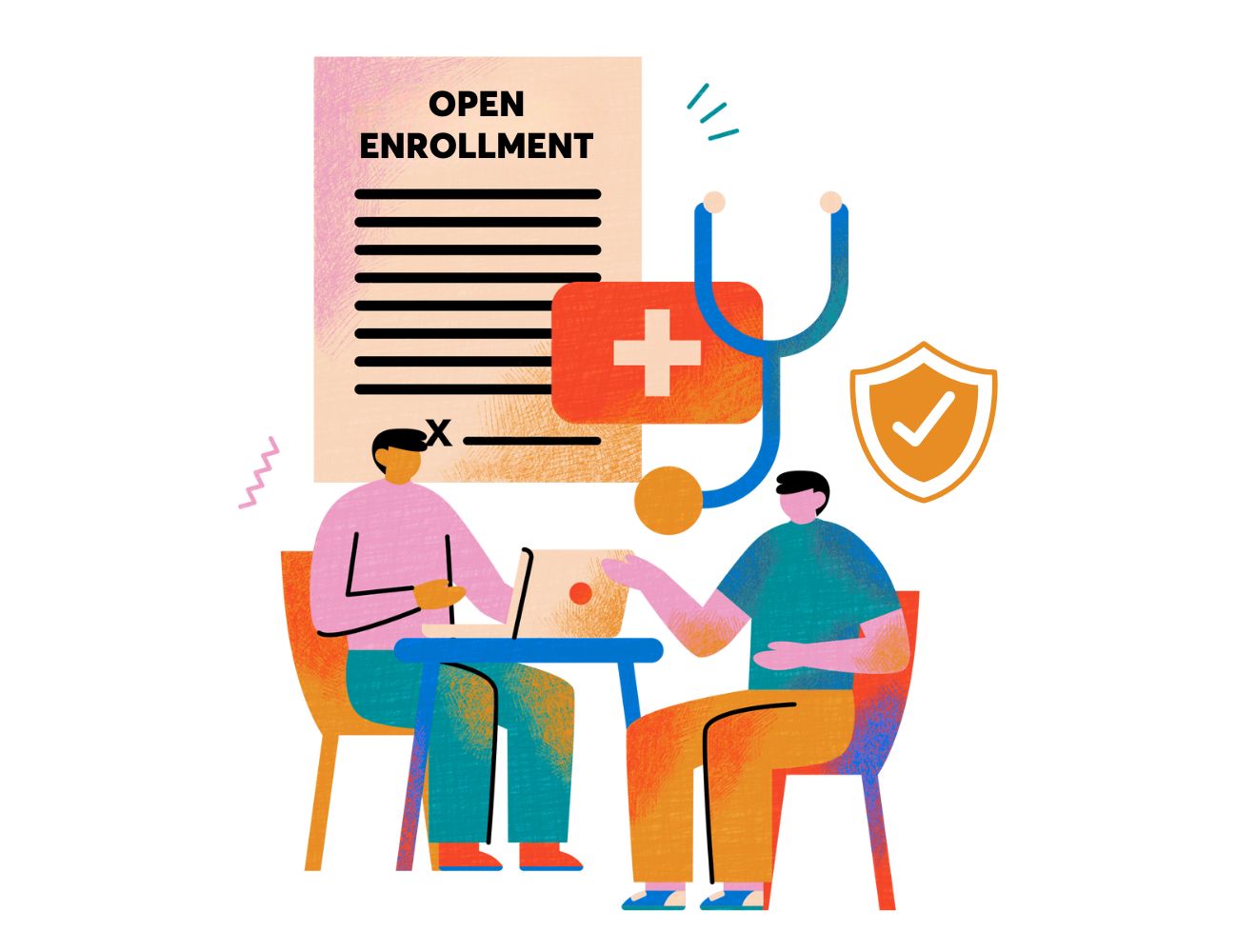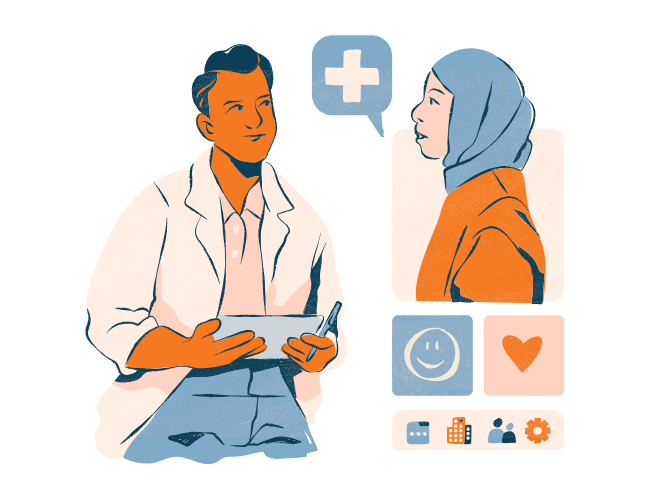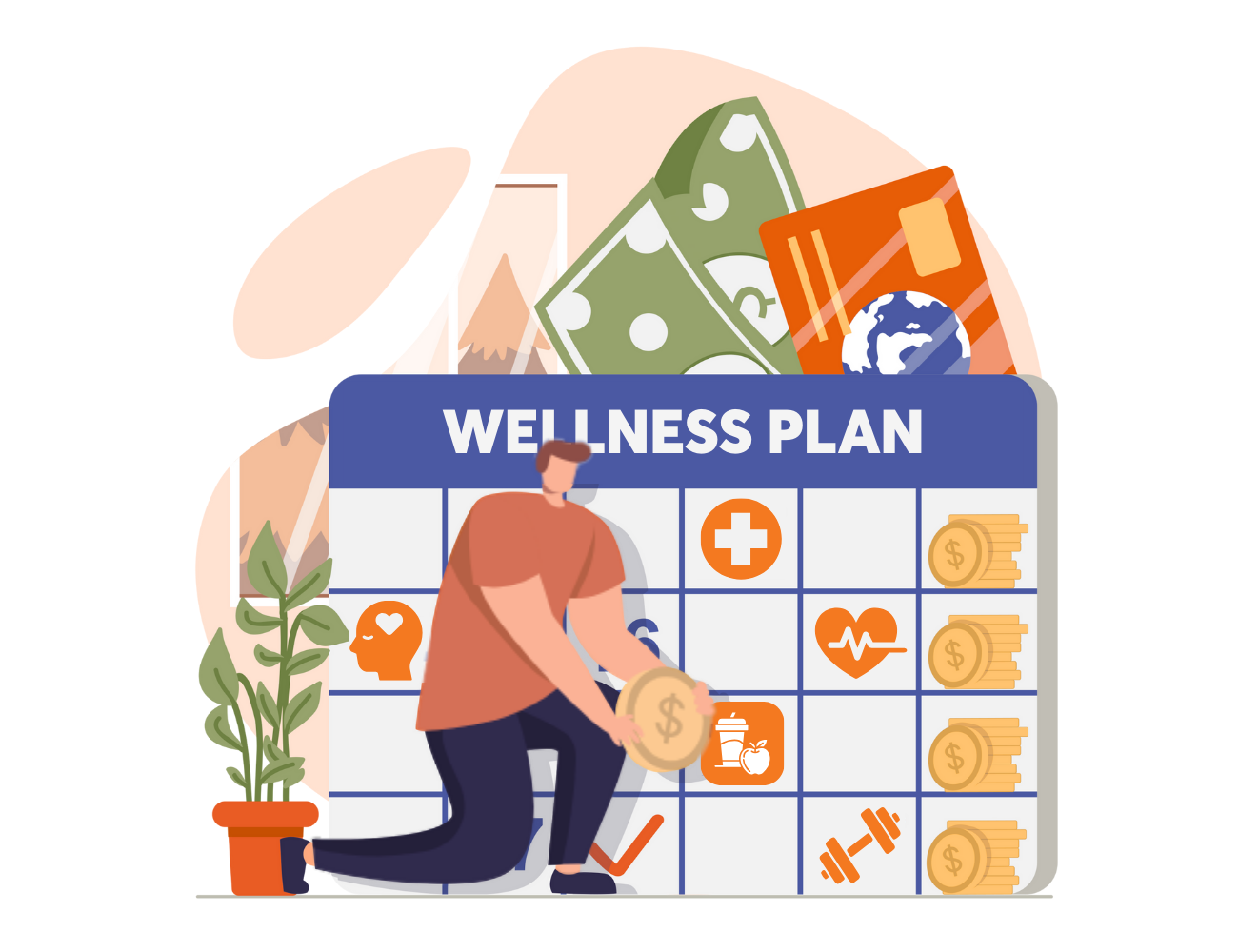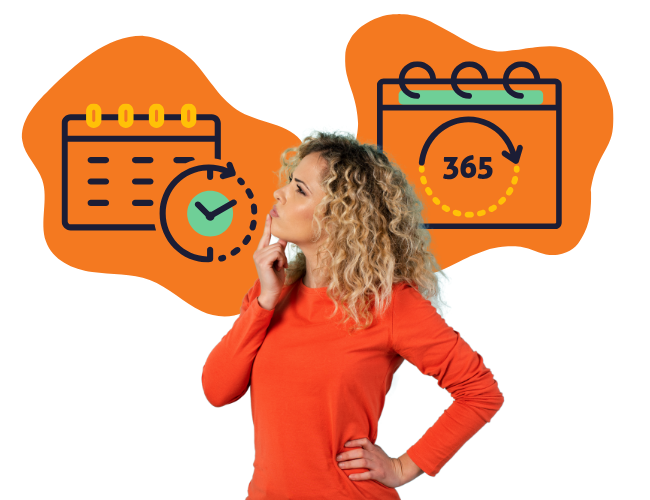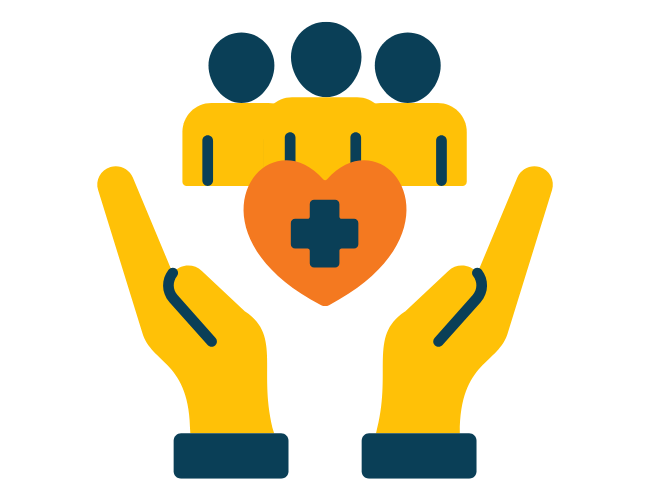It’s been a little more than a month since World Mental Health Day (October 10). In the spirit of fulfilling the goal of the day, Wellable wrote a comprehensive article to increases awareness on mental health in the workplace. A new study on the connection between social media and depression would have been a nice addition to the blog post, but since it was not able to be included, a new post is necessary.
Although the idea that mental and emotional well-being are adversely impacted by social media use is not new, existing research is limited in that the surveys and correlative studies are at best suggestive. A new experimental study from researchers at Pennsylvania State University, however, links social media use to worse emotional states and less use to better ones. To avoid any confusion, a survey study may ask individuals to self-report how social media makes them feel while a correlative study would discover that individuals with more social media use are more likely to suffer from depression. An experimental study compares the results from an experimental group with their behavior systematically modified and a control group that’s allowed to do whatever they want.
As part of the study, 143 students were monitored for three weeks after being assigned to either limit their social media use (experimental group) to about 10 minutes per app per day or continue using it as they normally would (control group). The apps that were being evaluated were Facebook, Snapchat, and Instagram. Prior to the experimental period, participants were monitored for a baseline. They were then assessed weekly on a variety of standard tests for depression, social support, and other factors. Social media usage was monitored via the iOS battery use screen, which shows app use.

The results were quite telling. The limited use group showed significant reductions in depression and loneliness over three weeks compared to the control group while both groups showed significant decreases in anxiety and fear of missing out over baseline, suggesting a benefit of increased self-monitoring. Based on the findings, the researchers strongly suggest that limiting social media use to approximately 30 minutes per day may lead to significant improvement in well-being. Some scores, such as self-esteem and social support, did not see improvement.
Although more research is needed, these initial findings, albeit with students, may still have important implications for employers and employees. Many wellness programs try to incorporate social media (often with Facebook or other popular apps), but studies like this may have companies reconsider making social media a part of their program. This is not to say social support is not important. Rather, the pressures of social media may not be the best medium by which employees should receive social support.
